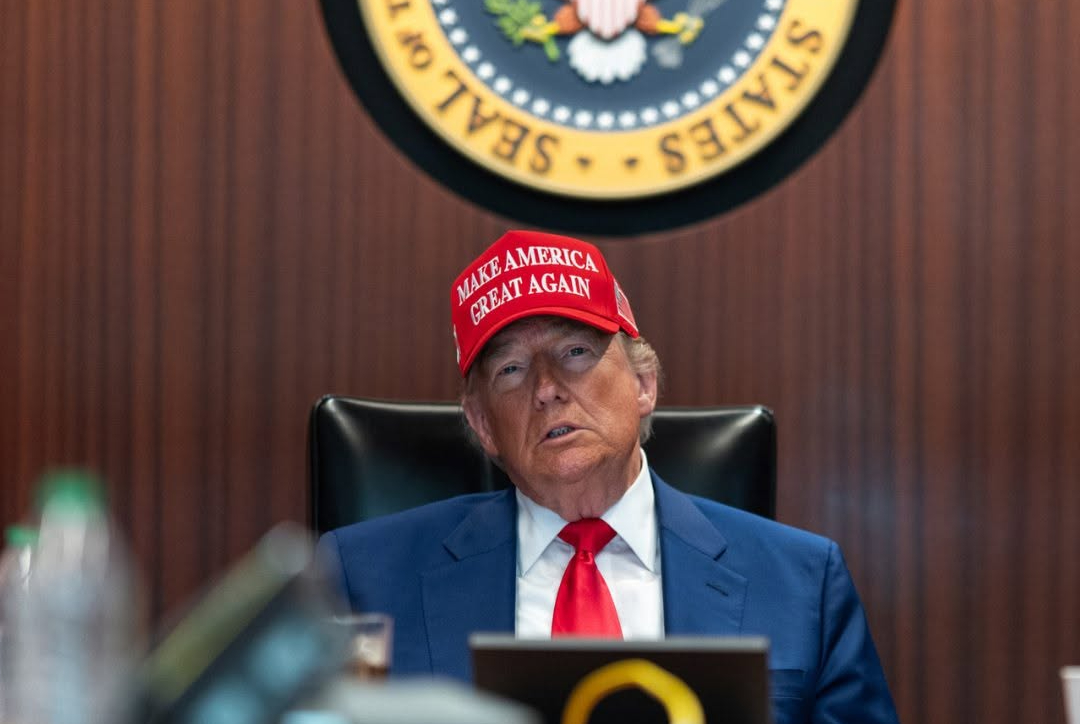The U.S.–China Tech Drama That’s Shaking Global Markets
In a world already jittery about inflation and AI spending, the recent meeting between Donald Trump and Xi Jinping brought a flicker of optimism and a fresh wave of uncertainty. Despite hopes of improved relations, Chinese tech shares continued to slip, with investors wary about the real meaning behind the political handshake.
The market’s reaction was swift. Hong Kong’s Hang Seng Index dropped 0.9%, while the Shanghai Composite fell another 0.6%, even as global traders waited for signs of stabilization.
“Investors are craving clarity, not ceremony,” said Stephen Innes, Managing Partner at SPI Asset Management. “China’s growth concerns and America’s tech overvaluation make this one of the trickiest markets to read right now.”
Big Tech’s Reality Check — From Wall Street to Shanghai
While political leaders exchanged promises, Big Tech was already feeling the heat. Meta Platforms saw its stock tumble more than 11% after announcing higher 2026 spending, and Microsoft lost nearly 3% despite reporting robust profits.
Analysts say these shifts reveal how sensitive the global economy has become to tech-sector expectations. With AI investment skyrocketing, returns are harder to justify. “We’re seeing the classic boom-and-caution cycle,” Innes added. “Everyone wants to own the future, but few can afford to wait for it to pay off.”
U.S. firms aren’t alone. Chinese giants like Tencent and Alibaba face their own challenges — from domestic regulation to slowing consumer demand. Together, these tremors underscore a simple truth: innovation alone isn’t enough to calm markets.
China’s Weak Growth and Its Global Ripple Effect
Even with diplomatic optimism, China’s manufacturing sector continues to contract. The country’s official PMI dropped to 49.0 in October, marking the seventh straight month of decline. For a nation long considered the engine of global growth, that number rings alarm bells.
The slump has far-reaching implications. As China’s demand slows, commodity prices soften, and investor confidence wanes across Asia. In Hong Kong, traders are already rethinking exposure to high-growth Chinese tech stocks — a trend that could reshape capital flows through 2026.
Wealth Migration and Regulation: A Tale of Two Economies
The conversation isn’t just about tech and trade — it’s about wealth and where it flows next. Tightened regulations in Asia have already prompted some of China’s richest entrepreneurs to move their assets elsewhere.
According to analysis reviewed by CEO Today, wealthy investors are increasingly diversifying into the Middle East and Europe, attracted by looser regulatory frameworks and emerging innovation hubs. This shift is expected to accelerate if economic uncertainty in China continues.
This exodus mirrors broader fears that China’s regulatory tightening especially in tech could stifle the very innovation it seeks to control.
What Investors Should Watch Next
The next six months could define how global markets respond to this uneasy truce between the world’s two biggest economies. Here’s what analysts suggest watching closely:
-
China’s Economic Data: PMI, export figures, and consumer sentiment will indicate whether the slowdown deepens.
-
Tech Spending Patterns: Big Tech’s massive AI budgets could spark a correction if earnings don’t catch up.
-
Regulatory Shifts in Asia: Wealth migration and policy tightening may reshape global investment hubs.
In short, the Trump–Xi talks may have set a diplomatic tone but the real story is unfolding in the markets.
“Diplomacy grabs headlines, but data moves money,” said senior economist Lisa Chow of Capital Insights. “If China can’t stabilize its growth, even a handshake won’t save investor confidence.”
Conclusion: Beyond the Optics
What looks like political theatre on the surface could prove to be a major economic turning point. Both nations have everything to gain and far more to lose if the current tension spills back into trade and tech warfare.
For global investors, the message is clear: stay alert, diversify, and follow the data, not the drama.
FAQ – Understanding the U.S.–China Tech Standoff
Q: Did the Trump–Xi meeting stabilize the markets?
A: Not yet. Chinese and U.S. tech stocks both dipped following the talks, suggesting investor skepticism.
Q: Why are tech companies struggling despite growth potential?
A: Heavy investment in AI and cloud infrastructure has slowed profits, causing short-term sell-offs.
Q: How does China’s slowdown affect global investors?
A: Weak demand and tighter regulations may push investors toward new markets like the UAE and Europe.














